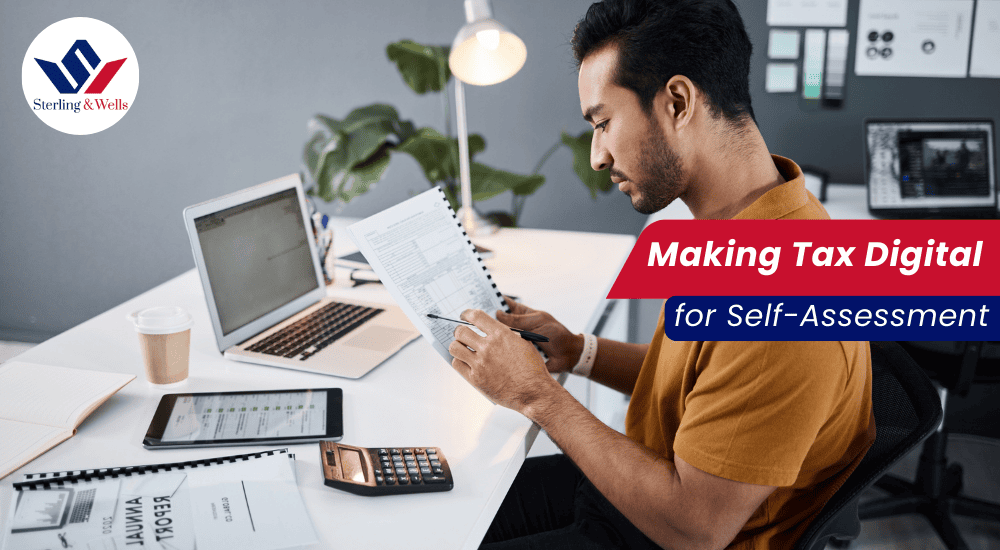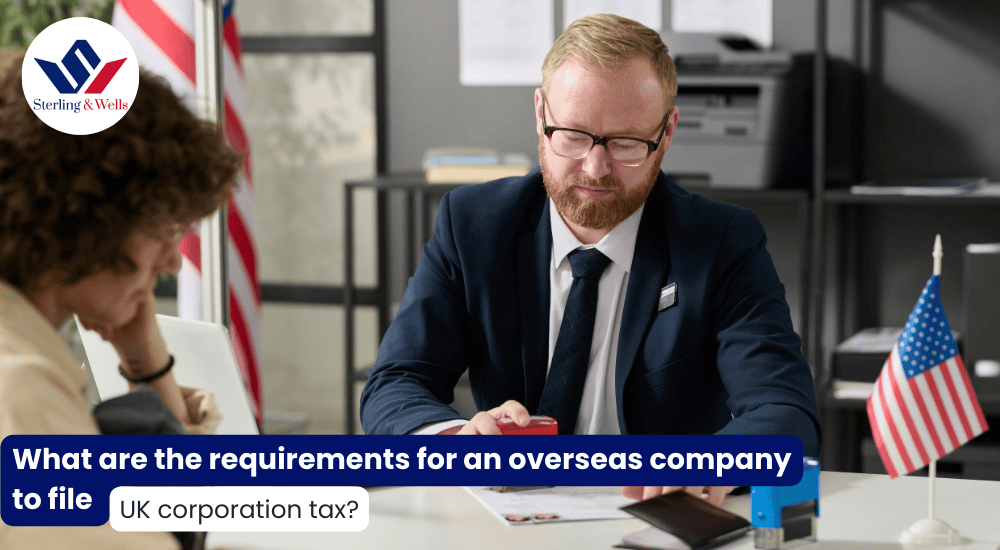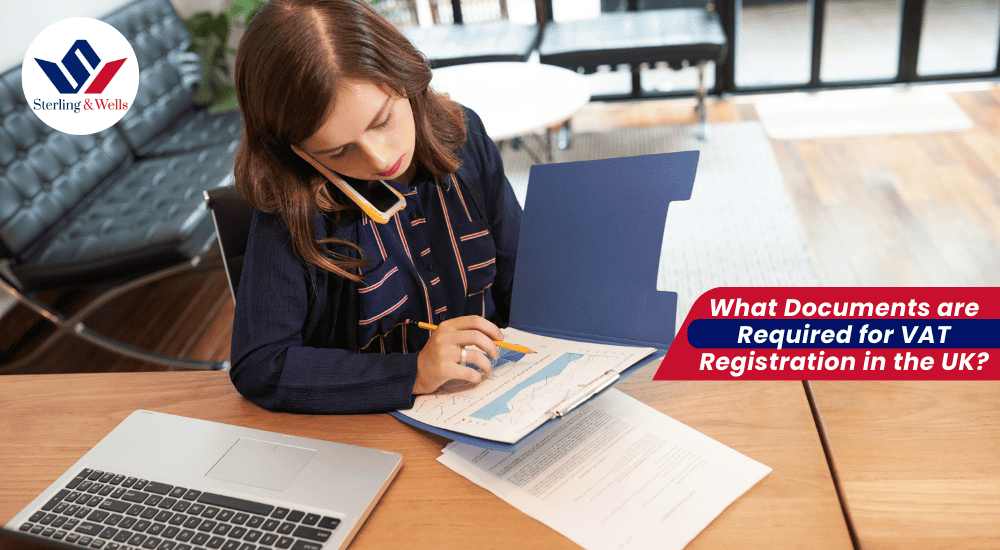Bookkeeping is the basis of good financial control for any UK company. As a sole trader, a new business, or an established company, having correct, timely records of your finances is imperative—not just to follow the law but also to ensure the success of your business in the future.
With fluctuating regulations like Making Tax Digital (MTD), Brexit effects, and an increasingly complex tax environment, bookkeeping in the UK requires greater attention to detail than ever.
This bookkeeping guide will walk you through everything you need to know about bookkeeping in the UK—its basics and laws, best tips, resources at hand, and the advantages of expert help.
What is Bookkeeping in the UK?
At its core, bookkeeping is the systematic recording and organisation of all finance transactions concerning your business. It comprises of sales, purchases, expenses, payrolls, and so on.
Bookkeeping ensures that you will be able to see a clear financial trail showing where the money comes from and where it’s going. It is not the same as accounting—accounting involves analysing and interpreting the accounts to create reports and tax returns—but bookkeeping provides the raw data accounting utilises.
In the UK, bookkeeping is critical in helping businesses:
-
To meet HM Revenue & Customs (HMRC) tax law and file accurate tax returns
-
Monitor cash flow to keep the business solvent and profitable
-
Make informed decisions from financial information
-
Preparation of financial statements as a requirement by Companies House (for limited companies)
Since April 2019, HMRC has mandated digital record keeping from almost all VAT-registered businesses under the Making Tax Digital (MTD) scheme. This means your bookkeeping must be done using MTD-compatible software that can submit VAT returns electronically to HMRC.
Legal Requirements of Bookkeeping in the UK
The key to compliant bookkeeping is to be aware of your legal requirements.
Record Keeping Period
UK tax law requires you to retain business records for a minimum of six years from the end of the last company accounting period they are relevant to. This period of retention will allow HMRC to verify your records if they conduct an audit or investigation.
What Records Must I Retain?
You need to retain:
-
Sales invoices and receipts
Records of income and sales.
-
Purchase invoices and receipts
Record of purchases and business expenditure.
-
Bank statements and reconciliations
To verify transactions posted into your books.
-
Payroll records
If you employ people, e.g., payslips and PAYE returns.
-
VAT records
If VAT-registered, detailed invoices and VAT returns submitted to HMRC.
-
Mileage logs
If you are claiming business car mileage.
Accuracy and Completeness
Your records must be accurate and complete. HMRC requires them to:
-
Show all business earnings and spending.
-
Be updated with regular entries.
-
Be securely stored in digital or paper format.
-
Be easily accessible for inspection.
Inadequate record-keeping can result in penalties, fines, or prosecution.
Alternate Bookkeeping Methods in the UK
UK companies have a variety of bookkeeping methods at their disposal based on size, complexity, and resources:
Manual Bookkeeping
The traditional technique uses manual ledgers or spreadsheets like Excel to track income and spending. While it is good enough for very small businesses, it is time-consuming, prone to mistakes, and increasingly inappropriate with the legal move toward electronic records.
Single-Entry Bookkeeping
This simple method records only income and expenses as a single entry, like a checkbook register. It provides little information and is not suitable for VAT-registered businesses.
Double-Entry Bookkeeping
Double-entry bookkeeping debits every transaction twice: once as a credit and once as a debit in other accounts. Double-entry bookkeeping provides a complete image of assets, liabilities, revenues, and expenses, and is required for limited companies and more complex businesses.
Choosing the Right Bookkeeping Software
Computer accounting software is the standard nowadays in the UK, especially with MTD compliance requirements. Proper software is time-saving, error-free, and facilitates tax reporting.
Features To Consider
-
Automatic bank reconciliation and feeds
-
VAT return preparation and submission functionality
-
Payroll integration for PAYE
-
Support for overseas transactions in multiple currencies
-
Cloud access for instant collaboration with accountants
-
Reporting dashboards to track cash flow and profit
Bookkeeping for VAT-Registered Businesses
If taxable turnover of your business is over the current VAT level (£85,000 currently), or you register voluntarily, there are VAT bookkeeping requirements:
-
Keep detailed VAT invoices showing VAT charged and collected.
-
Track VAT paid on purchases for reclaim.
-
File quarterly VAT returns online by using MTD-compliant software.
-
Keep accurate records for at least six years in case of HMRC inspection.
Accuracy in VAT bookkeeping keeps you from overpayment or underpayment of VAT, penalty or interest charges.
Payroll and PAYE Record Keeping
If you have employees in your company, payroll bookkeeping is another component that is a must. You will be required to:
-
Maintain detailed payslips including gross pay, deductions (tax, National Insurance), and net pay.
-
Supply Real Time Information (RTI) reports to HMRC whenever you pay employees.
-
Maintain records of statutory payment such as sick pay or maternity leave.
Bookkeeping errors in payroll might lead to penalties and unhappy employees.
The Effect of Making Tax Digital (MTD)
MTD is a government initiative that will reform tax administration within the UK.
Since April 2019, MTD for VAT is obligatory for most VAT-registered businesses. The fundamental requirements are:
-
Recording VAT transactions in digital records using compatible software.
-
Submitting VAT returns to HMRC through software with digital links to avoid manual entry.
-
Keeping digital records for at least six years.
MTD non-compliance exposes businesses to penalties and tax management issues.
When and Why Hire Professional Bookkeepers or Accountants
Accounting, although feasible in a few instances, becomes unmanageable as your company grows. Concerns like VAT registration, payroll, multi-currency accounting, and MTD compliance typically require expert guidance.
Benefits of Professional Support
-
Professional Accuracy
Certified bookkeepers and accountants maintain your books in correct order, adhering to HMRC standards.
-
Time Savings
Outsourcing offers you a break from daily accounting to focus on business growth.
-
Tax Efficiency
Experts can calculate deductible costs and tax relief to optimise your tax position.
-
Audit Preparedness
Proper bookkeeping puts you in a position to handle HMRC audits or investigations.
-
Strategic Insights
Accountants can analyse your finances to provide insightful recommendations.
-
Mileage logs
If you are claiming business car mileage.
Sterling & Wells provides specialised bookkeeping and accountancy services for UK and overseas clients, especially for those conducting e-commerce and cross-border trade. Their experience guarantees that your company is fully compliant with all statutory demands and optimises financial transparency and control.
Practical Bookkeeping Advice for UK Companies
-
Be consistent
Account for transactions in real-time, not after weeks.
-
Save digital copies
Store receipts and invoices in electronic form for quick access.
-
Reconcile monthly
Cross-check your bookkeeping with bank statements regularly.
-
Keep business and personal finances separate
Always use distinct business accounts.
-
Utilise integrated software
Connect your bank, sales avenues, and accounting programs for automation.
-
Regular reviews
Conduct quarterly or monthly reviews to catch mistakes early.
Conclusion
Bookkeeping in the UK is not just a requirement under law—it’s an essential component of good business practice. With accurate, timely records, you’re empowered to control performance, pay tax bills with confidence, and plan for expansion effectively.
As tax legislation grows more complex and the digital world advances further, it’s crucial for any business wanting to thrive in the UK to invest in effective bookkeeping software and expert professional guidance.
Whether you’re just starting out or growing, having a reputable company like Sterling & Wells work with you can eliminate the hassle of bookkeeping and allow you to establish a compliant, efficient financial base for your business.






